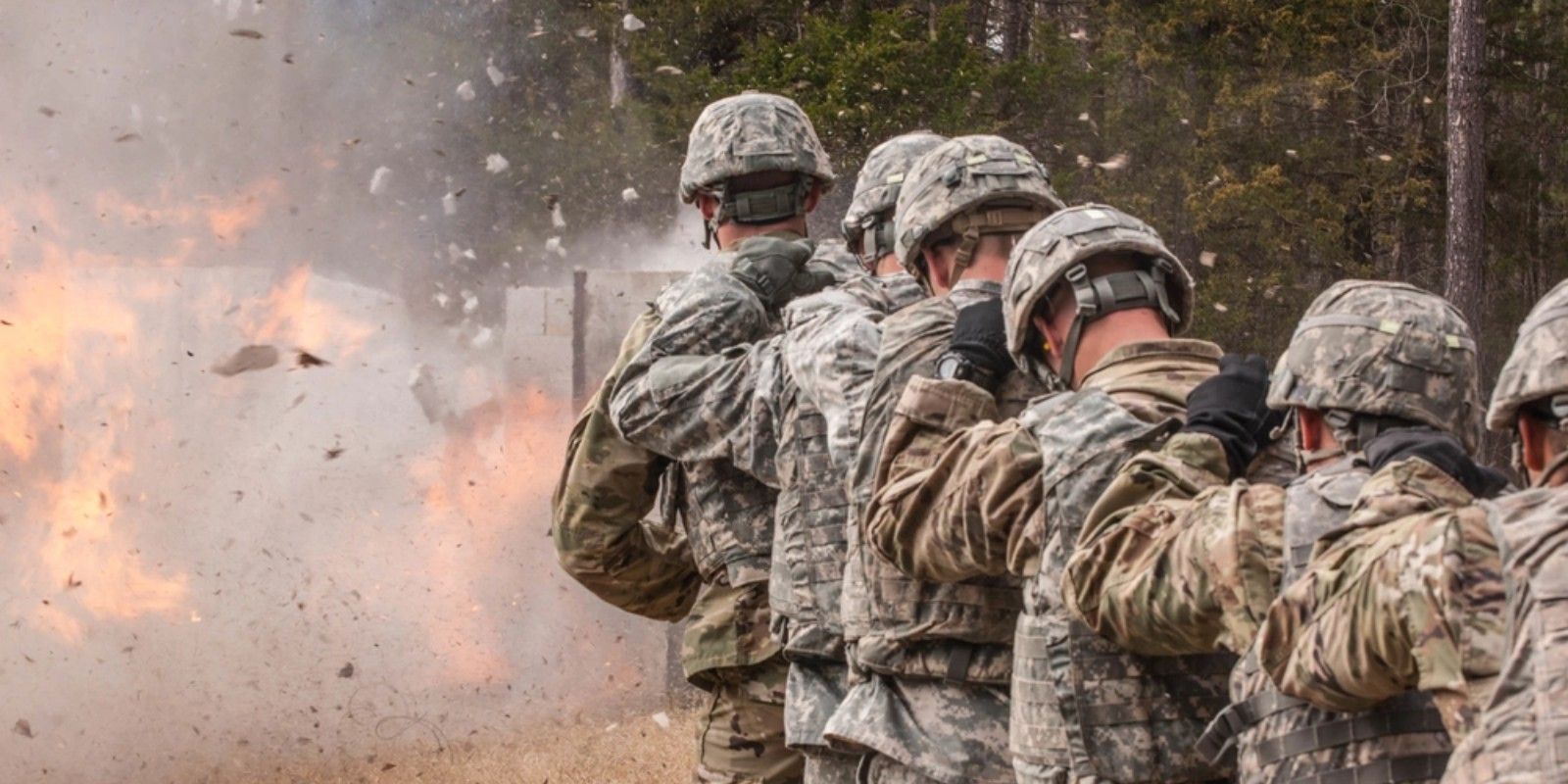UNDERSTANDING THE UNIFORM CODE OF MILITARY JUSTICE
By Buddy Blouin

Law and order keep societies civil, and though things may change for troops entering the military, there are still codes of conduct, laws, and regulations to follow. Formally, the Uniform Code of Military Justice (UCMJ) provides a comprehensive list of laws for all military personnel to follow. Learn more about the importance of the code, some key points you should remember, and even how to cite the laws.
Related read:
How Are Military Tribunals Different From Courts-Martial?What Is the Uniform Code of Military Justice?
Enacted by Congress, the Uniform Code of Military Justice is a federal law that sets the laws and standards applied to active-duty military members, Reserve and Guard members, civilians working with the U.S. military during wartime, and students of military academies. While specifically geared toward the military community, these laws are to be followed in addition to the general laws of the United States, international laws, and the laws of other countries. Before 1951, when the UCMJ was enacted, each branch of the U.S. military had its own legal guidelines. Congress created the Uniformed Code of Military Justice to consolidate a more centralized law to apply throughout all branches of the American Armed Forces.What Uniform Code of Military Justice Article Covers Desertion?
Article 85 Desertion through Article 87 all deal with desertion and other related breaches of the military code of justice. There are different types of desertion and related issues that troops will want to avoid. This includes troops looking to leave permanently, avoiding hazardous duty, leaving before having your notice of acceptance of resignation, and even attempting to desert. All of these can present legal issues for troops, and while going AWOL is a misdemeanor, desertion is considered a felony.Important UCMJ Articles To Remember
Let’s be clear; it’s never a good idea to break the law, much less if you're a part of any U.S. military branch. But it’s always good to be aware of them, as well as your rights. Many of the Uniform Code of Military Justice Articles should be common sense, and many also fall right in line with the laws of civilians of the United States and other countries. Here are some of the most popular found in the Articles of UCMJ:Article 31
Troops have protections. You can’t self-incriminate for a crime thanks to Article 31 of the UCMJ.Article 92
If a member of the U.S. military disobeys a direct order, legal trouble will follow. Article 92 defines three types of violations, including failing to obey lawful general orders or regulations, failing to obey other lawful orders, or dereliction of duty.Article 93
Maltreatment is prohibited in the U.S. military. This military code of justice is typically aimed at sexual harassment; however, it can apply to assault, troops being forced to perform duties against the advice of medical experts, and unfit punishments.Article 132
Committing fraud is illegal in the civilian world, and because of Article 132 of the Uniform Code of Military Justice, it’s also illegal while serving. Don’t commit fraud of any kind against the United States.Article 133
Conduct Unbecoming an Officer and a Gentleman is a traditional guideline that maintains the high standards set by the U.S. military and can also be found in the original Articles of War. Any action deemed to bring dishonor to the American Armed Forces may constitute legal action under this article. Of course, of all of the Uniform Code of Military Justice legal ins and outs there are, this is a small sampling. We're not lawyers giving legal advice, but we want to help you better understand the laws and rights under the UCMJ. Looking to learn more? The non-profit organization Public.Resource.Org has provided this in-depth, informational video about the military Uniform Code of Justice. Though featuring a presentation by the U.S. Department of Defense (DoD), it should be noted that this footage may be a bit dated: https://www.youtube.com/watch?v=7NDiigSOI2AHow To Cite the Uniform Code of Military Justice
If you’re looking to cite the Uniform Code of Military Justice, here’s how you would go about it in an MLA format, according to the Library of Congress: U.S. Congress. United States Code: Subjects: Part of: U.S. Code: Contributors: Dates: The Uniform Code of Military Justice continues to serve as a guiding force of law and order for the American military and civilians assisting in war efforts around the world.Suggested read:
The Feres Doctrine Protects the Govt, but for How Much Longer?The appearance of U.S. Department of Defense (DoD) visual information does not imply or constitute DoD endorsement. | Photo by Airman 1st Class Daniel Blackwell | 20th Fighter Wing Public Affairs
SHARE:
TAGS:
air force
air force
army
coast guard
marine corps
national guard
navy
space force
JOIN OUR NEWSLETTER
Get the latest news and military discounts



